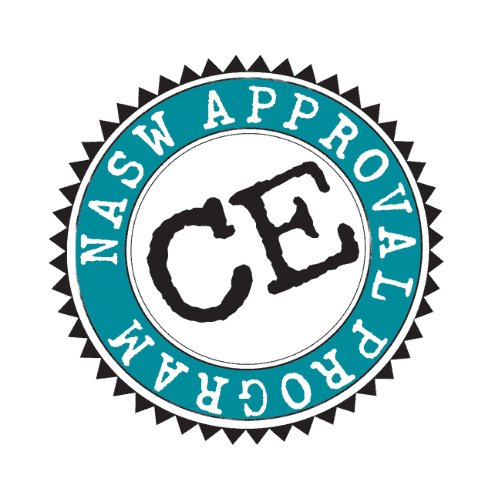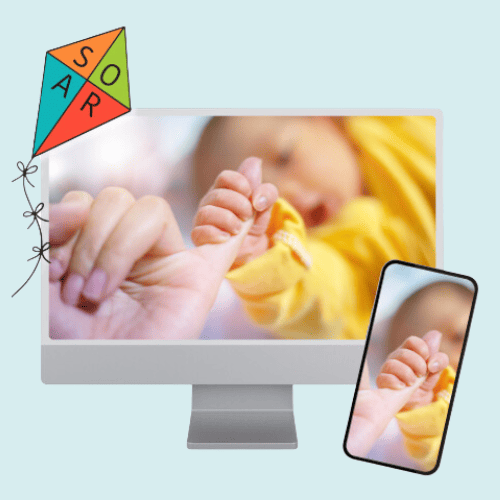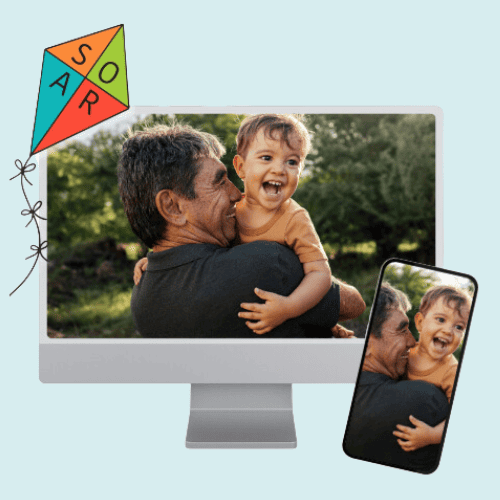Boost Your Parent-Child Observation Skills
This course teaches you how to use our CHEEERS observation framework to identify family and parenting strengths.
AFFORDABLE
SELF-PACED
Research-Based
Seeing & supporting secure attachment relationships develop & grow is heartwarming
Observing families may seem like common sense, and yet doing intentional observation is a skill that takes time and practice. You do this work because you want to see children and their families learn, love, and grow together. When you have the tools to support that to happen, you can witness parent-child relationships flourish.
The CHEEERS framework will show you how to intentionally observe parent-child interaction. These observations offer opportunities to provide support and feedback that enhances the quality of interactions.
CHEEERS gives you the HOW in your work
because you already have the WHY

Continuing Education Contact Hours
This program is Approved by the National Association of Social Workers for 2 continuing education contact hours.
Become an intentional observer
Parent-child relationships are complex. Your role puts you in a unique position to observe with a curious mind and support daily interactions.
With CHEEERS, you will be able to isolate interactions and support optimal parent-child relationships.
Meeting basic needs helps keep children alive, building secure attachments helps children thrive.
Experience a framework that helps you understand how to gather information about parent-child interaction to help recognize family strengths and enhance positive interactions.
Supports Documentation
Gain the ability to be intentional, curious, open, and factual when telling the families story.
Builds reflective skills
Opportunities to journal built into the course to practice and reflect as you are learning.
Increases confidence & awareness
The tool supports efficiency in your work which prevents burnout and boosts knowledge.
Culturally Responsive
Supports individualizing observational questions to reflect the family’s specific beliefs, traditions, and culture.
Small investment — BIG outcome
Your $50 investment makes a lasting impact

Complete the Course
Participate in the 2-hour online training experience at your own pace

Reflect on New Knowledge
Put the tool into action and provide intentional interventions to help support the parent-child relationship
See What’s Included with the Course
This course is broken into three objectives that will teach you about an observation framework that can be used to gather information about parent-child interaction.
Objective 1
Why are Parent-Child Interactions Important to Observe?
Discuss the importance and benefits of observing parent-child interactions.
Objective 2
CHEEERS- An Observational Tool
You will be introduced to the observational tool, CHEEERS, learn the purpose of CHEEERS, when to use this tool, what each letter of the CHEEERS acronym stands for, and how to use the observational questions.
Objective 3
Next Steps for Using CHEEERS
Learn best practices recommendations for CHEEERS, and how to support families when parenting is stressful.
When you take this course, you will explore how using the acronym CHEEERS, supports secure attachment parent-child relationships by identifying and increasing positive parent-child interactions.
You can make a world of difference for a family!
More SOAR Courses You’ll Love
Through this evolving library of personal & professional development courses, our goal is to provide learners with foundational knowledge to enhance their skills.

The Science of Attachment
The Science of Attachment is a 2-hour self-paced online course exploring and reflecting on the research behind the science of attachment – the deep emotional bond between an infant and their primary caregiver.

A Strengths-Based Approach
A strength-based approach allows people to see themselves at their best rather than focus on negative characteristics. In this 2-hour self-paced online course, learners will develop their understanding of this approach and feel confident using it.

Growing Resilience Through a Trauma-Informed Approach
Expand your knowledge of trauma and its impacts, gain more understanding of a trauma-informed approach, and learn about resilience and ways to support its growth.
